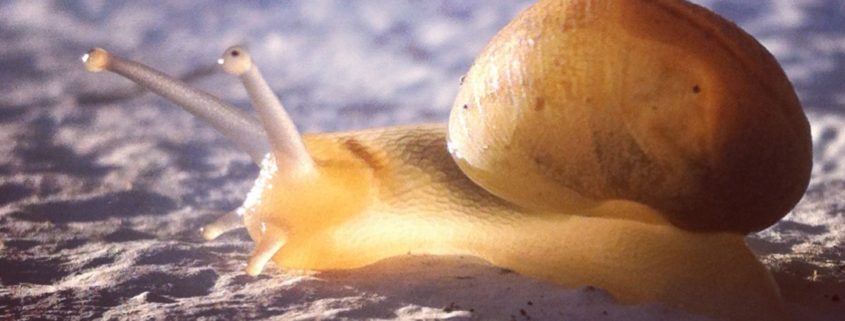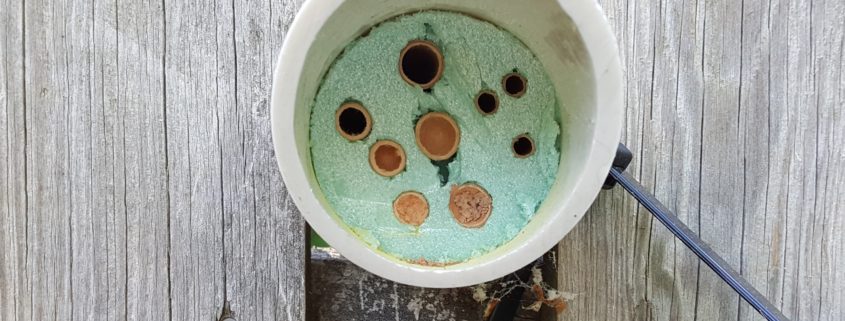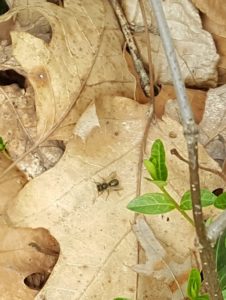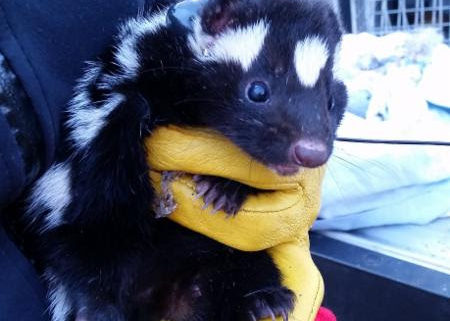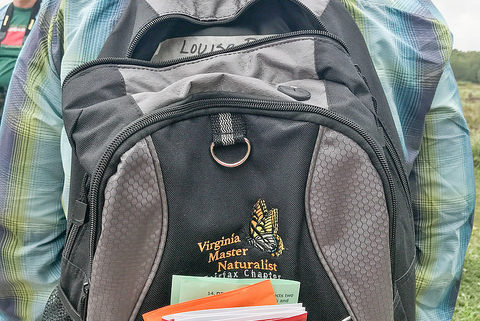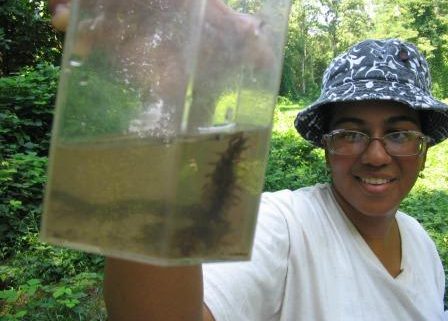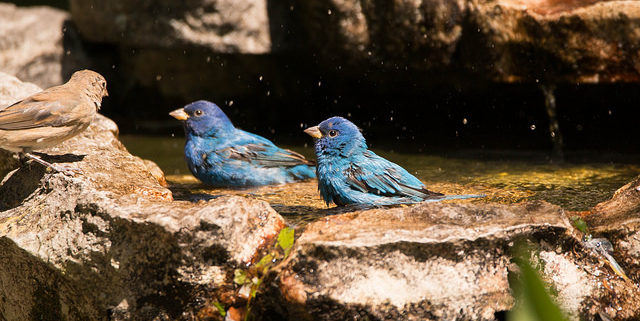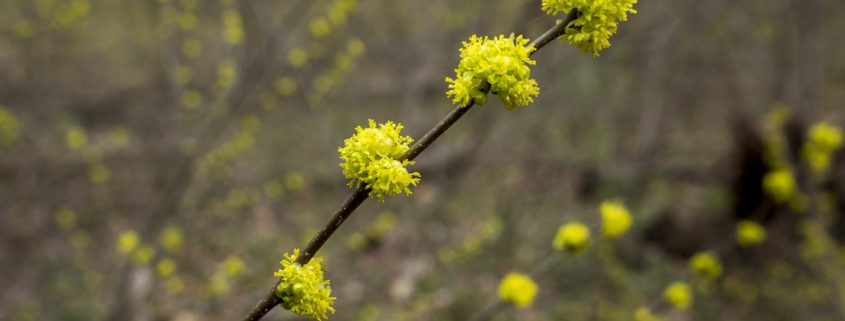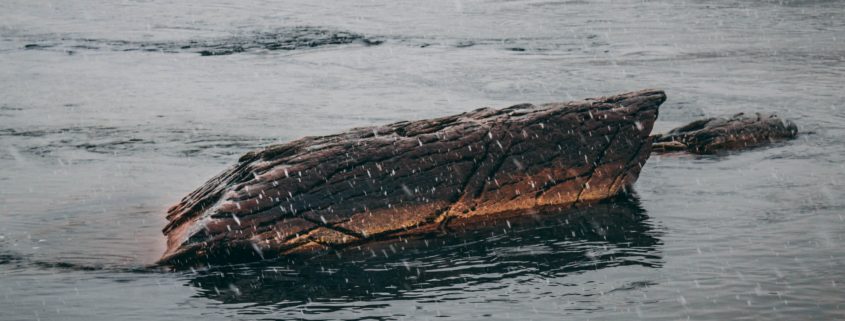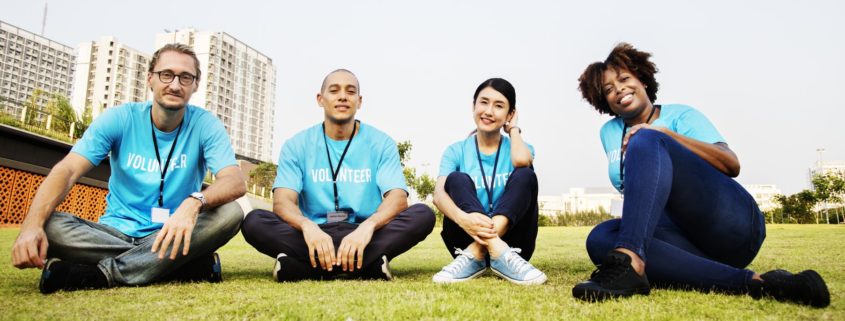Start a Thriving Earth Exchange Project
Thriving Earth Exchange projects start with community priorities. Communities of any size from around the world are encouraged to submit a local issue and/or project idea related to natural hazards, natural resources, or climate change. Any community can start a Thriving Earth project. All we ask is that you commit to the time and energy needed to work hand-in-hand with a volunteer scientist. (Read more about what it means to be a Thriving Earth Exchange community leader.)
The submission process is meant to be simple, allowing you to provide baseline information about local challenges.
Thriving Earth Exchange projects can be completed as part of a cohort, individually, or via a dialogue. How it works video.
Thriving Earth Exchange Project Types
| Type | Description | Benefits |
| Cohort | A cohort is a group of projects that communicate with and support one another. They are often launched at regional or theme-based Project Launch Workshops. Communities in the cohort move through the Thriving Earth milestones at the same pace. | Communities benefit from peer support, sharing and learning. |
| Individual | Your project team will be supported “1-on-1” with a Thriving Earth project liaison, and you will move through the milestones at your own pace. Thriving Earth is only able to accommodate a limited number of individual projects. | This is ideal for communities with time- sensitive Thriving Earth projects. |
| Dialogue | This is ideal for communities who wish to explore how community context intersects with Earth and space science. A team of 3-5 community leaders will engage with 3-5 scientists using an online platform. An example of this is the Resilience Dialogues, a program Thriving Earth is a partner in. | A dialogue may serve as a precursor to individual or cohort Thriving Earth participation. |
Once You Submit an Idea:
We will reply within one week with information about next steps.



